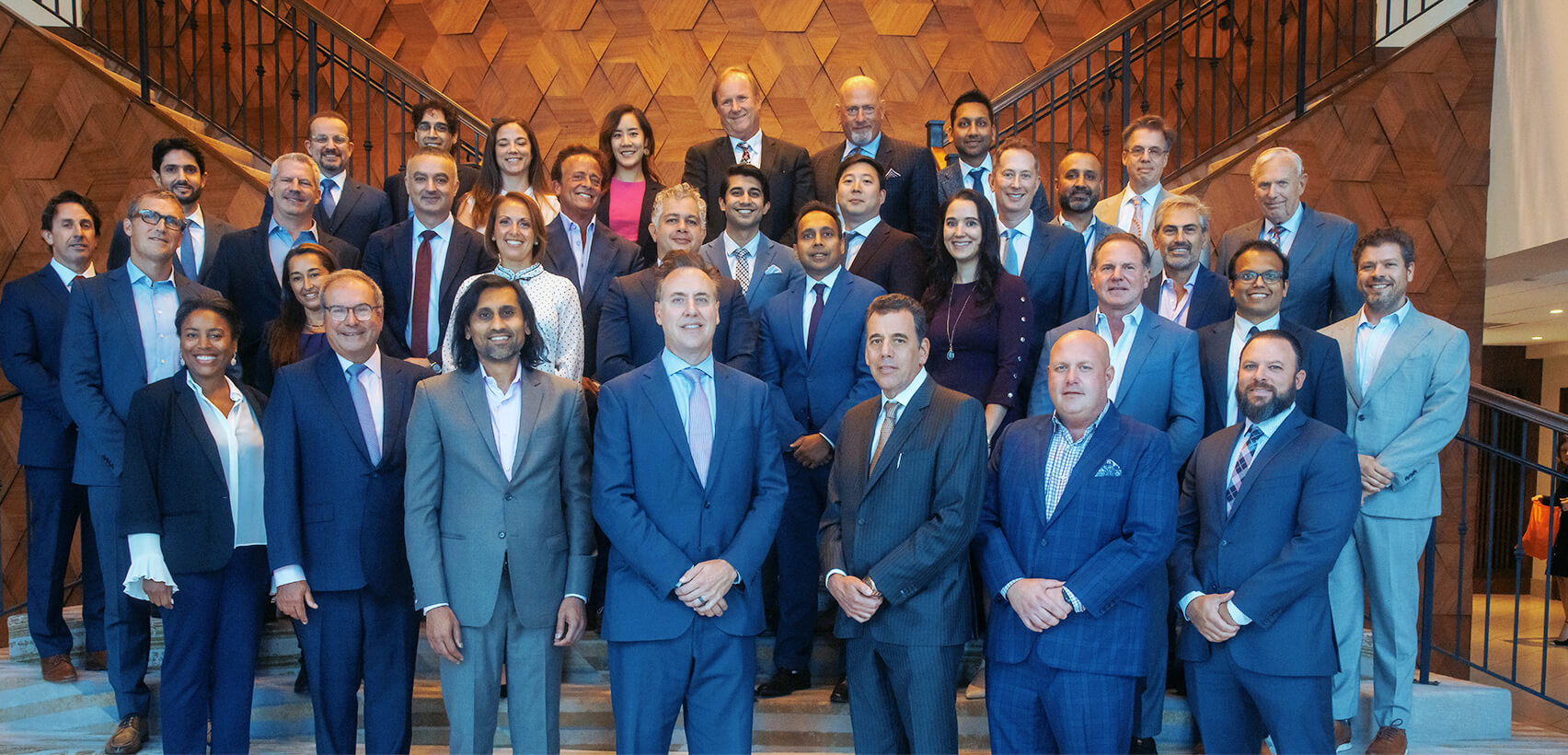Do Breast Implants Need to Be Replaced?

Breast implants, while a popular and effective option for breast augmentation, are not lifetime devices. These complex medical prostheses require regular evaluation and potential replacement to ensure continued safety and aesthetic satisfaction. Understanding the lifespan of breast implants and being aware of potential complications from long-term implantation is crucial for anyone considering or already having undergone breast augmentation surgery.
How Often Do Implants Need to be Replaced?
Breast implant replacement recommendations vary depending on the type of implant and individual circumstances. For saline implants, replacement is typically only necessary if a rupture occurs, which is usually immediately noticeable as the breast size visibly decreases. However, for silicone implants, the FDA recommends MRI screenings every few years to check for silent ruptures, with the first screening five to six years after surgery and then every two to three years thereafter.
While there is no set lifespan for breast implants, many breast reconstruction surgeons suggest considering replacement or removal after 10-15 years, even if no problems have occurred. This is because the risk of complications, such as capsular contracture or rupture, increases over time. However, if the implants are intact and the patient is satisfied with their appearance, immediate replacement may not be necessary. It is important for individuals with breast implants to maintain regular check-ups with their plastic surgery center and promptly address any concerns or changes they notice.
What Happens to Breast Implants Over Time?
Over time, breast implants undergo changes within the body. Saline implants, which contain sterile salt water, may gradually lose small amounts of fluid through their silicone shell, potentially affecting breast shape or size. If a saline implant ruptures, the body safely absorbs the saline solution, but the breast will noticeably deflate, requiring prompt replacement or removal.
Silicone implants, filled with a cohesive gel, tend to maintain their shape better over time. However, they can develop small tears or holes that may go unnoticed, known as "silent ruptures." In these cases, the gel typically remains within the implant shell or the surrounding scar tissue capsule. Both types of implants can develop hardened scar tissue around them, known as capsular contracture, which may cause the breasts to feel firm or look distorted. Additionally, implants may shift position over time due to factors like gravity, weight changes, or pregnancy, potentially affecting breast symmetry or appearance.
What Is the Reason for the Replacement of Breast Implants?
Breast implants may need to be replaced for a variety of reasons that may affect your health or the aesthetic appearance of your implants.
Breast Implant Rupture
Breast implant rupture occurs when the outer shell of the implant develops a tear or hole. For saline implants, a rupture is immediately noticeable as the breast deflates when the saline leaks out and is absorbed by the body. Silicone implant ruptures are often "silent" and may go undetected without imaging. In either case, a ruptured implant requires surgical removal or corrective replacement. While a ruptured saline implant poses minimal health risks, a ruptured silicone implant may lead to changes in breast shape, pain, or, in rare cases, silicone migration to other parts of the body.
What Percentage of Implants Rupture?
The rupture rate for breast implants varies depending on the type, manufacturer, and how long they have been implanted. According to FDA data, the overall rupture rate for silicone implants is estimated to be between two to 12% at eight years post-implantation. For saline implants, the rate is slightly lower, around 1.8% at eight years. However, these rates increase over time. By 10-15 years post-implantation, some studies suggest rupture rates may reach 10-14% for saline implants and eight to 15% for silicone implants. It is important to note these figures can vary based on individual factors and implant characteristics.
Capsular Contracture
Capsular contracture is a complication that can occur with breast implants, where the scar tissue that naturally forms around the implant becomes unusually hard and tight. This can cause the breast to feel firm, look distorted, or become painful. Capsular contracture is graded on a scale from I to IV, with Grade I being normal and unnoticeable and Grade IV being severe with visible distortion and potential pain. The exact cause is not fully understood, but factors such as bacterial contamination, hematoma, or an individual's healing response may contribute. Severe cases of capsular contracture often require surgical intervention, which may involve removing the hardened capsule and replacing or removing breast implants.
What Happens if You Do Not Replace Breast Implants?
Some people may never need to replace their breast implants, but maintaining regular check-ups with a plastic surgeon can help monitor implant health and addressing issues proactively can help prevent complications. Here are the potential complications that can occur from not replacing breast implants:
- Increased risk of rupture
- Silent rupture going undetected (especially for silicone implants)
- Worsening capsular contracture
- Breast asymmetry or deformity
- Chronic pain or discomfort
- Implant displacement or migration
- Thinning of breast tissue over time
- Increased difficulty in detecting breast cancer during mammograms
- Potential leakage of silicone into surrounding tissues (for silicone implants)
- Calcium deposits forming around the implant
- Changes in breast sensation
- Visible rippling or wrinkling of the implant
- Infection (though rare, risk may increase with implant age)
- Potential need for more complex surgery if replacement is delayed too long
Ready for Breast Implant Replacement? Book Your Appointment Here
Don't wait until it is too late to address your breast implant health. Our expert team of board-certified plastic surgeons can evaluate your implants and discuss your options for breast replacement or removal, ensuring your peace of mind and optimal results. Schedule your consultation today at one of our plastic surgery clinics to take proactive steps in maintaining your breast health and appearance.
Most Recent:
Subscribe to Updates Here
Awards, Certificates, & Associations

